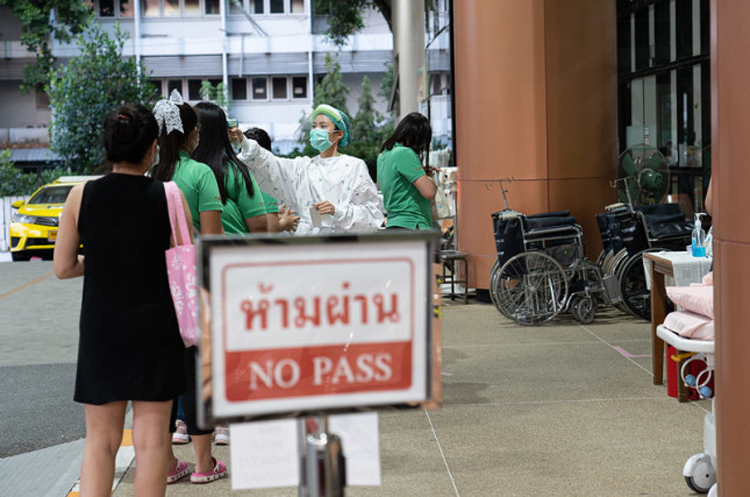With the arrival of COVID-19, countries are experiencing disruptions of health services of all kinds— health workers have been redeployed, supplies already in short stock are even more difficult to find, scarce financial resources for health are being reallocated, and routine health services are less, if at all, available. COVID-19 is causing facilities to lockdown in some settings, in part because many providers lack sufficient personal protective equipment (PPE) to safely provide services. At the same time, many clients—particularly those seeking family planning and reproductive health (FP/RH) services—cannot access services at all. This is due to a confluence of factors: police action is preventing movement; facilities are shutting their doors; many people are fearful of contracting the virus; in some cases, women are forbidden from leaving their homes by a partner.
Without a clear end to the pandemic in sight, predictions about the negative impacts on FP/RH are grim. If the situation continues for even six months, UNFPA estimates that as many as 47 million women in low- and middle-income countries could be unable to use modern contraceptive methods, resulting in potentially 7 million additional unintended pregnancies. Equally devastating is an estimated 31 million additional cases of gender-based violence. Based on evidence from Ebola, more women and girls may die due to lack of service access than from the coronavirus itself.
The FP/RH community has responded quickly to the pandemic to endeavor to maintain gains in family planning use and improvements in health systems. Normative bodies have issued guidance on the essential nature of FP/RH services and recommendations on alternative channels to delivering them have been issued. It is absolutely critical to understand that “sexual and reproductive health cannot be viewed as a luxury.”
Thinking systematically is essential to creating an environment to ensure that services remain available during crises. To achieve a more sustainable path, the focus should be on developing and implementing relevant policies that provide a legal and regulatory platform to allow stakeholders to hold decision-makers accountable for commitments.
What does a favorable policy environment for FP/RH program look like? The policies need to be grounded in the premise that all citizens have a right to experience the highest attainable standard of health. They need to ensure that FP/RH policies translate into meaningful actions that support acceptable, accessible, available, and quality FP/RH services, and that the policies include benchmarks to ensure accountability. Such policies can be introduced and/or strengthened now to prepare for the future, to ensure FP/RH programs continue to serve clients during crises.
